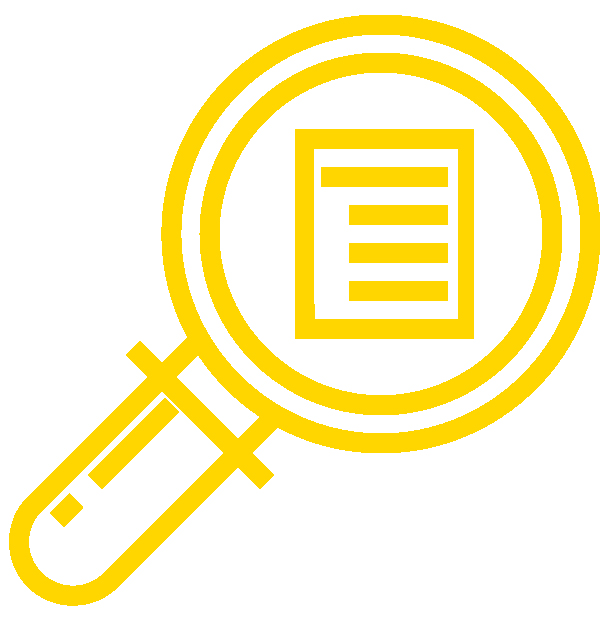- Identify the function of nouns and different noun types
- Identify the function and structure of pronouns
- Identify verb types and their correction conjugation
- Identify adjectives, adverbs, and the differences between the two
- Identify the function other parts of speech, including conjunctions, prepositions, and articles
- Identify common punctuation marks and the rules for their correct usage
- Identify common sentence types and common errors in sentence composition
- Identify the active and passive voices, as well as the reasons to use both
1.3: Learning Outcomes
- Page ID
- 58980
\( \newcommand{\vecs}[1]{\overset { \scriptstyle \rightharpoonup} {\mathbf{#1}} } \) \( \newcommand{\vecd}[1]{\overset{-\!-\!\rightharpoonup}{\vphantom{a}\smash {#1}}} \)\(\newcommand{\id}{\mathrm{id}}\) \( \newcommand{\Span}{\mathrm{span}}\) \( \newcommand{\kernel}{\mathrm{null}\,}\) \( \newcommand{\range}{\mathrm{range}\,}\) \( \newcommand{\RealPart}{\mathrm{Re}}\) \( \newcommand{\ImaginaryPart}{\mathrm{Im}}\) \( \newcommand{\Argument}{\mathrm{Arg}}\) \( \newcommand{\norm}[1]{\| #1 \|}\) \( \newcommand{\inner}[2]{\langle #1, #2 \rangle}\) \( \newcommand{\Span}{\mathrm{span}}\) \(\newcommand{\id}{\mathrm{id}}\) \( \newcommand{\Span}{\mathrm{span}}\) \( \newcommand{\kernel}{\mathrm{null}\,}\) \( \newcommand{\range}{\mathrm{range}\,}\) \( \newcommand{\RealPart}{\mathrm{Re}}\) \( \newcommand{\ImaginaryPart}{\mathrm{Im}}\) \( \newcommand{\Argument}{\mathrm{Arg}}\) \( \newcommand{\norm}[1]{\| #1 \|}\) \( \newcommand{\inner}[2]{\langle #1, #2 \rangle}\) \( \newcommand{\Span}{\mathrm{span}}\)\(\newcommand{\AA}{\unicode[.8,0]{x212B}}\)

The content, assignments, and assessments for Basic Reading and Writing are aligned to the learning outcomes below. Click here for a more detailed list of outcomes.
Chapter 1: Success Skills
Define and evaluate college success skills
- Identify and practice habits for success
- Identify and apply critical thinking skills
- Analyze time management practices
- Define successful approaches toward college-level writing tasks
- Apply word-processing skills to college writing tasks
Module 2: Critical Reading
Identify critical reading strategies
- Identify and differentiate between different types of texts
- Identify reading strategies for academic texts
- Identify specialized reading strategies for specific types of texts, including content in disciplines and visual information
- Identify techniques for strengthening vocabulary
- Identify thesis statements in texts
- Identify supporting claims in texts
- Identify logic and structure in texts
- Identify summary strategies for reading comprehension
Module 3: Writing Process
Approach writing as a “process”
- Identify topic selection activities
- Identify prewriting activities
- Identify activities to find evidence in support of a claim
- Identify essay organizational techniques
- Identify drafting activities
- Identify revision activities
- Identify proofreading activities
Module 4: Research Process
Identify the components of the research process
- Identify preliminary, intermediate, and advanced search techniques
- Identify methods of analysis to assess the quality and reliability of a source
- Identify issues of plagiarism and academic dishonesty
- Identify MLA document formatting and citation practices
Module 5: Grammar
Identify patterns of academic grammar and usage
CC licensed content, Original
- Learning Outcomes. Provided by: Lumen Learning. License: CC BY: Attribution
CC licensed content, Shared previously
- Magnify. Authored by: Eucalyp. Provided by: Noun Project. Located at: https://thenounproject.com/term/magnify/1276779/. License: CC BY: Attribution

